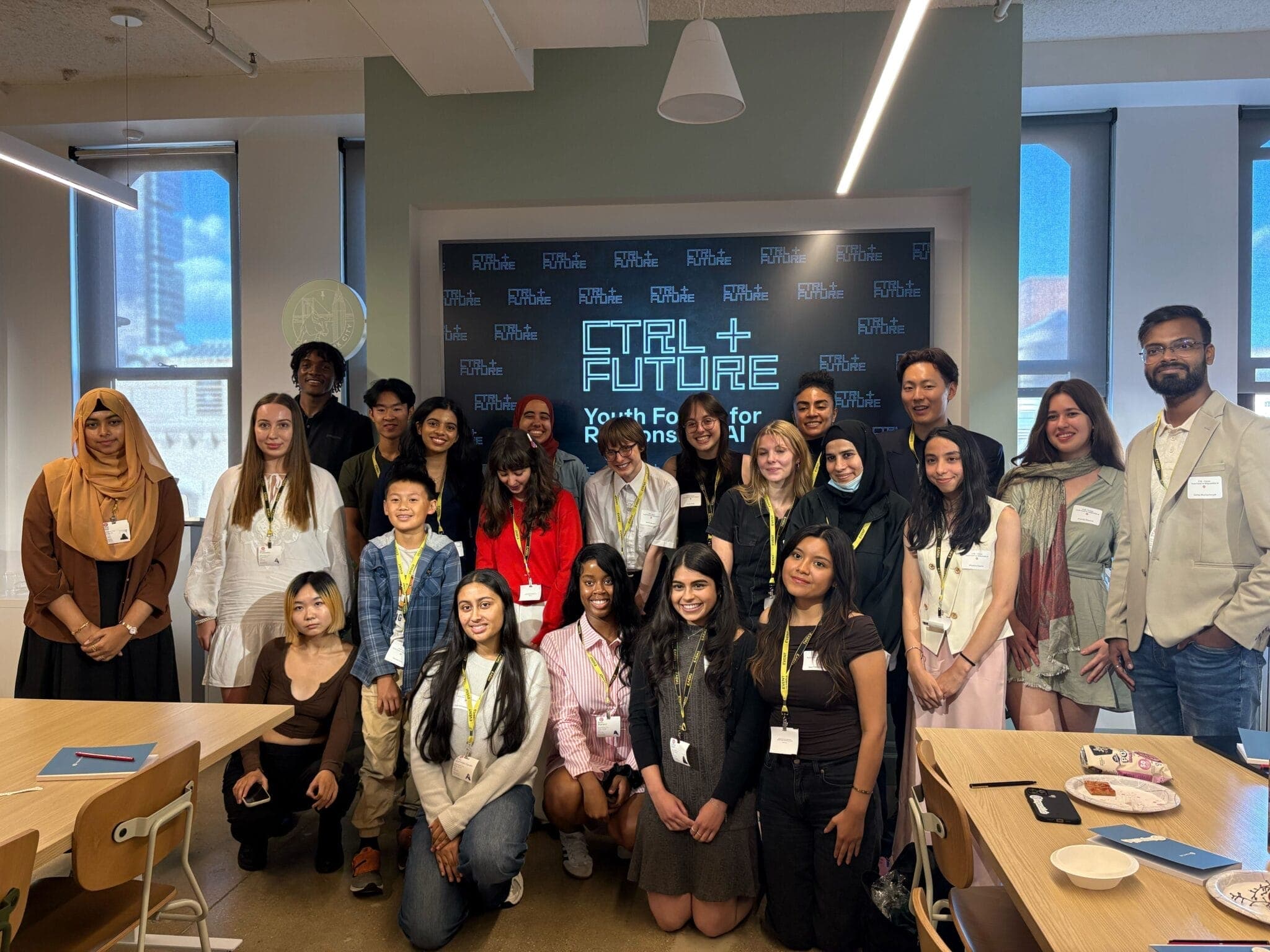
Empowering Young Minds
What Does It Take to Co-create with Young People
Unlock the secret to truly connecting with young minds: it’s all about humility. Guest author, Jorge Alvarez as he reveals how embracing humility can transform your collaborations with youth, fostering genuine partnerships and innovative solutions.





